The Queen has a secret money problem and it’s only getting worse
An $8.6 million cash splash and apparent gross underpayment by Prince Andrew in his civil sex abuse case highlights a very thorny issue for the Queen.
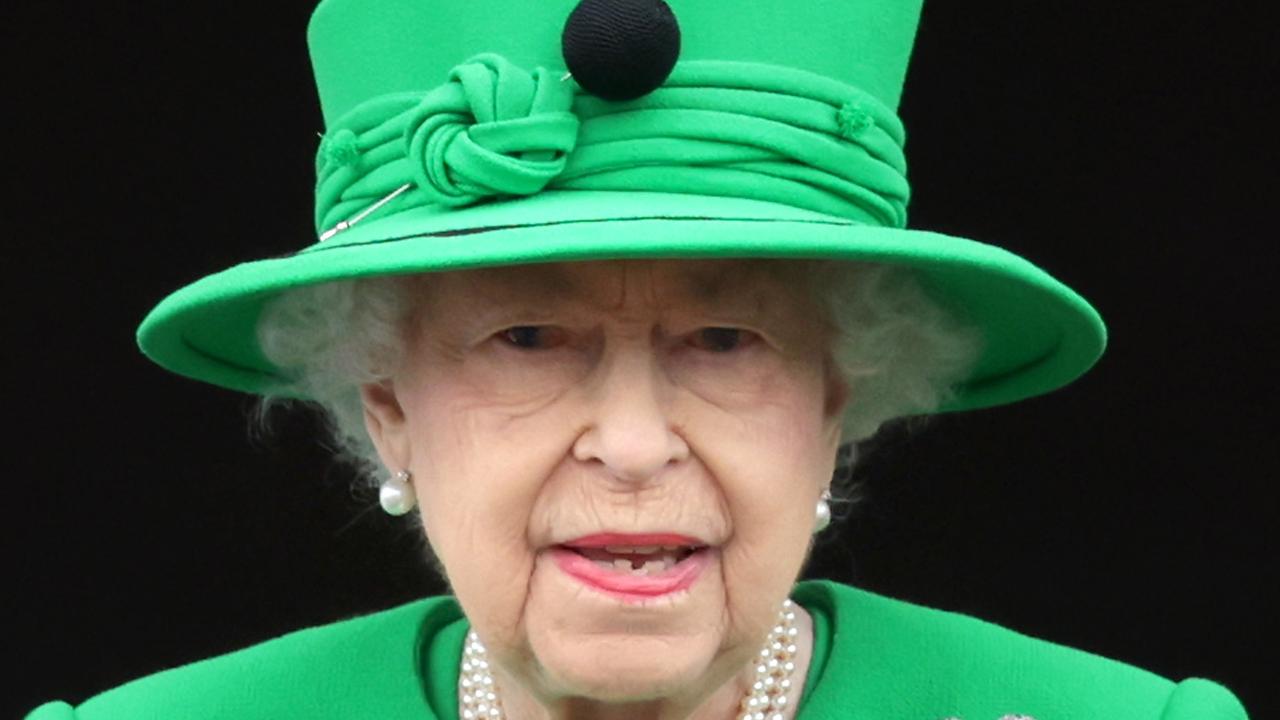
COMMENT
On a quiet cobblestoned street in Mayfair is an unassuming white home that is far from spectacular, but this seemingly innocuous property should have the Queen fretting right about now.
Last week, the Sun revealed that Sarah Ferguson, Duchess of York had bought the home, made up of two apartments which are being combined into one, for $8.6 million from the Duke of Westminster’s Grosvenor Estates. (A quick PSA: The duke is 31, Prince George’s godfather, worth $17.6 billion and unmarried).
The purchase was, per the report, “a long-term investment for daughters Princess Beatrice and Eugenie”.
Two blood princesses being handed a chunk of Mayfair real estate? That should sound about right except for the fact we are talking about Fergie here, a woman who is perennially short of a quid and who in 2010 told US TV audiences she was “continually on the verge of financial bankruptcy.”
Hot on the heels of the case of Fergie and her mysterious new millions was the news that her ex-husband, current housemate and pariah extraordinaire Prince Andrew had reportedly only paid accuser Virigina Giuffre, who launched a civil sex abuse claim against him last year, $5.2 million to $8.74 million of the reported $21 million originally reported to settle the case. (Andrew has always denied her sex abuse claims.)
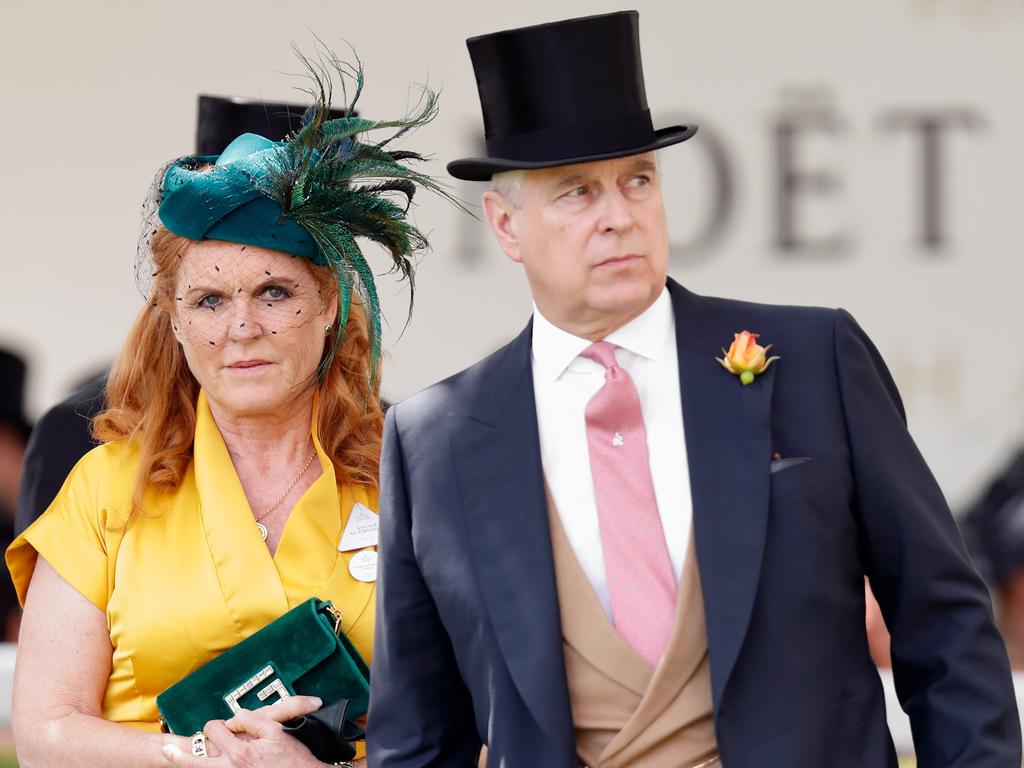
Taken together, both Fergie’s head scratching seven-figure purchase and Andrew’s lawsuit payment have not only revived the mystery that surrounds their financial dealings but the royal family as a whole.
Both of these developments – the house and the payment to Virginia – highlight an exceptionally thorny issue that is only going to get more and more urgent and fundamental for the Queen and in the years to come, Prince Charles when he takes the throne.
See, no one outside of Buckingham Palace knows how much the Queen and her family are worth, where much of their money comes from or what they spend it on. And right there is the making of a possible, very serious future crisis for the royal house in the years to come if it is not addressed head one.
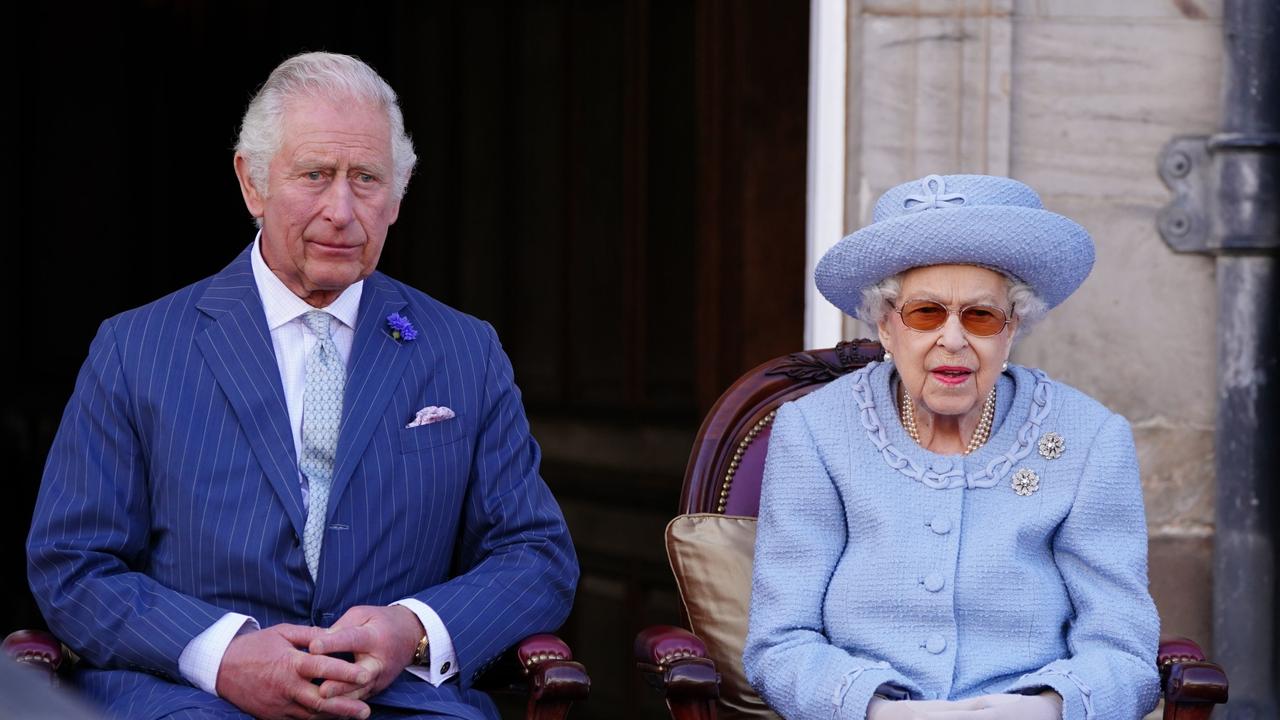
It comes down to this: The Queen and the royal family to this day, receive special treatment from the UK government when it comes to things like taxes and their wills, all the while they are allowed to conceal the true extent of their personal riches.
For more than a century Britons have swallowed the near total blackout when it comes to the Windsors and their stuffed wallets, but for how much longer?
Similarly, the House of Windsor is reportedly nearly totally exempt from Freedom of Information laws and receives “special protection” from the UK’s National Archives and as of 2019, there were 3,629 sealed files relating to the Queen and her family, according to a Privy Council member.
Again, in an age when the people not only want but expect much greater transparency and openness from public figures, how much longer will Brits accept this one-rule-for-them/one-rule-for-everyone-else unfairness?
Where does the royal family get their money from?
Let’s start with the basics. There are three sources of income for the royal house.
Sovereign Grant
Firstly, there is the Sovereign Grant, that is the percentage of Crown Estate revenue that the government returns to the royal family to pay for official expenses like the upkeep of properties like Windsor Castle and for official staff and travel. (So, Grant cash might pay for William and Kate, Duke and Duchess of Cambridge’s private secretary but not for their nanny.)
Entailed duchies
The second source of income comes from the entailed duchies – of Cornwall and Lancaster – which are worth more than $3.2 billion combined. These are essentially trusts that only the Prince of Wales and the sovereign, respectively, can access and even then, they are only entitled to the profits. For example, whoever holds the title of the Prince of Wales controls the $2 billion-plus Duchy of Cornwall, which as of last year bought in just shy of $40 million.
While that is a nice chunk of change, these trusts are controlled by strict rules meaning that they can only enjoy the income and cannot touch not the principal.
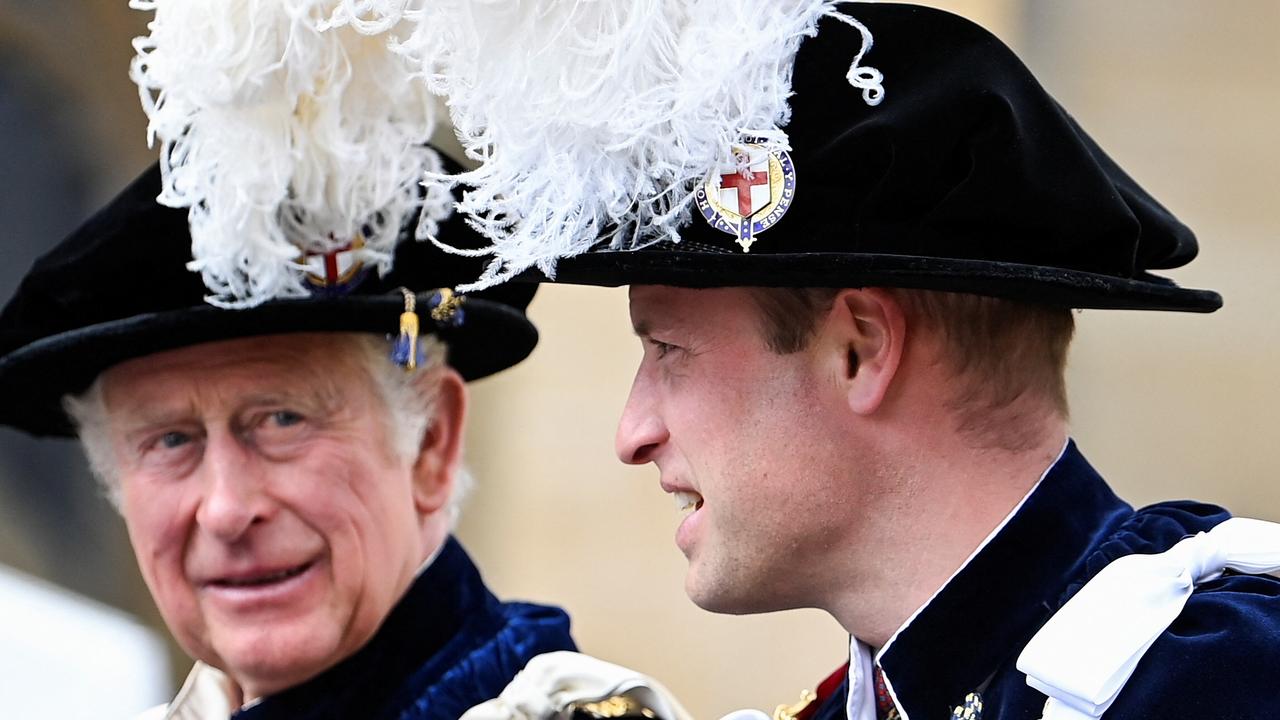
Now, Buckingham Palace and Clarence House release detailed reports every year outlining how they spend this money but where things get really muddy is when we get to the royal family’s third source of income, their private fortune.
Their private wealth
The most recent Sunday Times Rich List put the Queen’s personal wealth at $640 million (£370m), the source of which no one really knows.
Over the years, we have gotten glimpses inside the bank accounts of various HRHs which have only raised more questions that the Windsors have never answered.
For example, take the Queen Mother. When she passed away in 2002, she left behind up to $52 million for her then-six great grandchildren, according to David McClure, author of The Queen’s True Worth. (Prince Edward and Sophie, Countess of Wessex’s children, Lady Louise Windsor and James, Viscount Severn, had yet to be born.)
How in the blazes did the Queen Mother, who came from a middling Scottish landowning family, accrue such a staggering fortune?
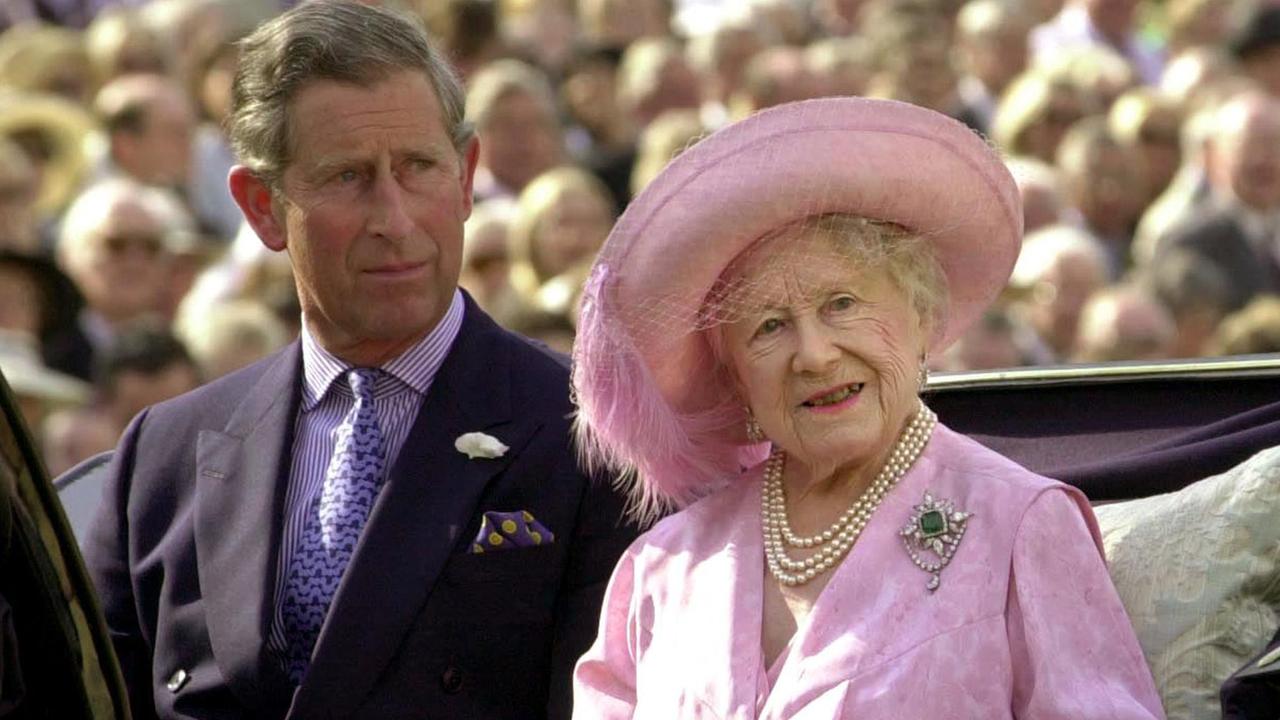
The same goes for Prince Philip. Last year the Sun claimed his will had been worth $51.9 million (£30 million). His own parents who lived in France and Greece barely had a centime to rub together and his father Prince Andrew of Greece and Denmark died nearly penniless in Monte Carlo.
So again, how did a man who had no known source of outside income manage to squirrel away so much dosh?
Where does Prince Charles get his money from?
Then let us consider Charles. His financial consultant Geoffrey Bignell revealed to the Telegraph that Diana, Princess of Wales had “[taken] him to the cleaners” in their 1996 divorce and “took every penny he had’.
To fund the princess’ $29.4 million (£17m) settlement, Bignell says he was “told to liquidate everything, all [Charles’] investments, so that he could give her the cash … That’s when I stopped being his personal financial adviser because he had no personal wealth left.”
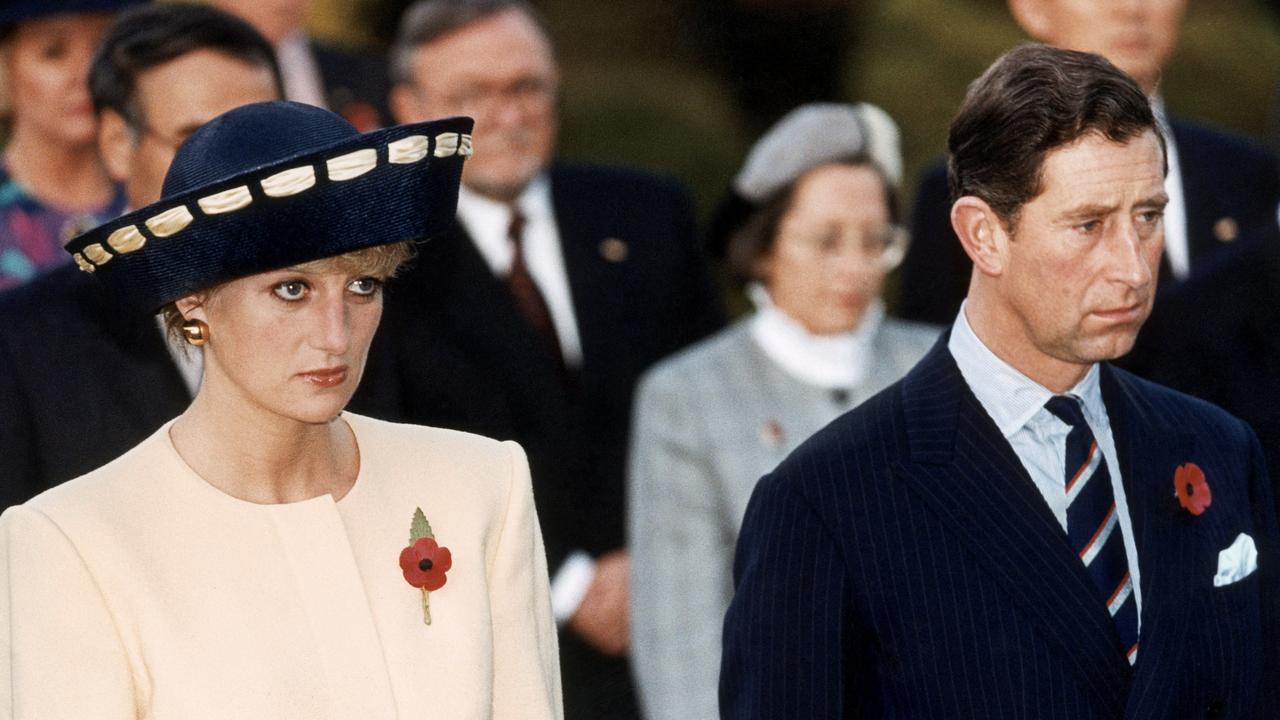
However, only five years later, by 2001, Charles was estimated to have nearly $7 million (£4 million) exclusive of his Duchy funds. Where did the initial cash reserve to rebuild his fortunes come from? As McClure has put it, “No one knows what sort of investments [the Prince] has because like the Queen’s private ownership of shares it is shrouded in a fog of pea-souper impenetrability.”
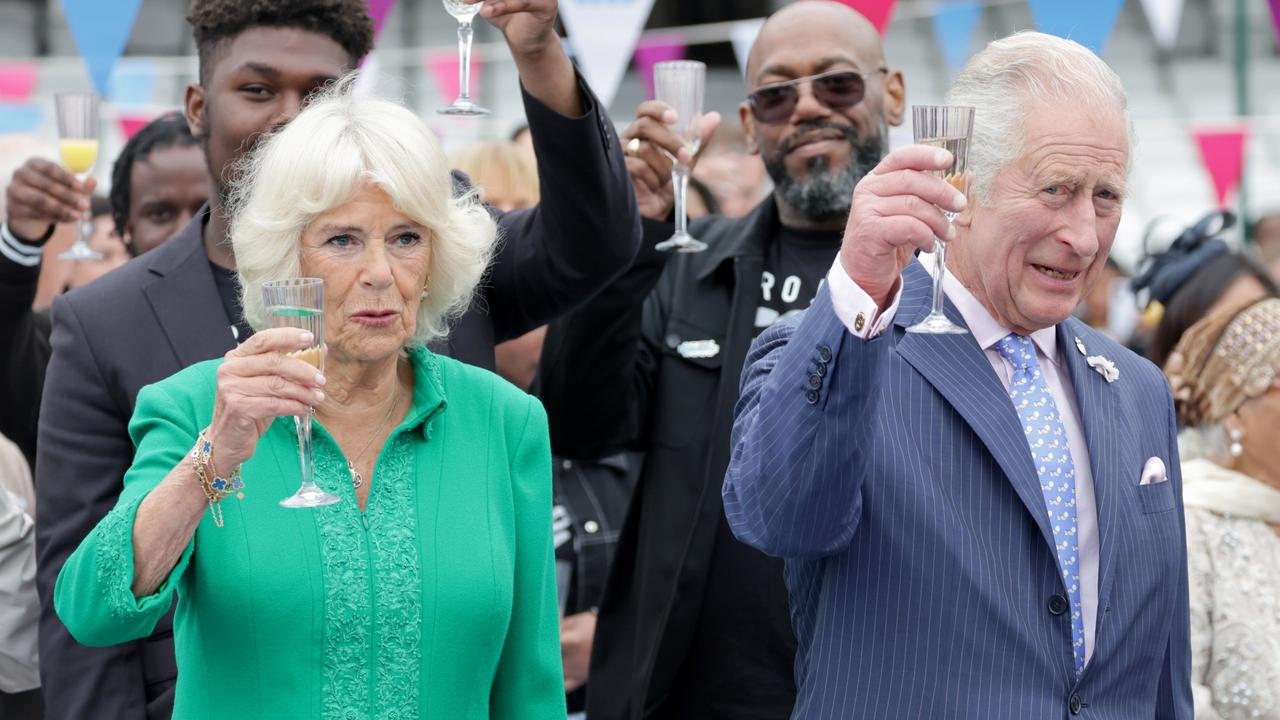
Another example. Where did the hundreds of thousands of dollars that Charles spent on the luxe wedding reception for his son Prince Harry to Suits actress Meghan Markle in 2018 come from?
When it comes to the royal family and their coffers, all we really have are questions, such as, how did Andrew and Fergie, two adults with no obvious external sources of income, find the $30 million-plus to buy their Swiss property?
How is it permissible that the Queen is reportedly allowed to deduct the money she dolls out to her children from her Duchy of Lancaster income as an expense?
Over the years, other clues about royal wealth have trickled out. In 2017 the Guardian released the Paradise Papers, embarrassing Buckingham Palace after it was revealed that the Duchy of Lancaster had invested money in the notorious tax haven of the Cayman Islands.
The royal family’s wills are shrouded in secrecy
The opacity around royal finances extends to wills. In the UK, all wills are publicly available – except those of the royal family. The reason can be traced back to 1911 when Prince Francis, the brother of George V’s wife Queen Mary, left jewellery to his mistress the Countess of Kilmorey. Mary intervened to keep the scandalous bequest quiet, managing to get a judge to seal the will, a practice that has continued to this day.
Royal wills are now kept, according to former MP and Privy Council member Norman Baker, in a safe that sits in an iron cage in a building off the Strand in central London.
The Guardian newspaper has been trying to highlight this issue, launching legal action over the decision by a judge to ban the media from a court hearing which decided that Philip’s will would be kept secret. (Sadly, the paper failed in its valiant effort.)
I could go on here and on and on because there are no end of examples of the murkiness that surrounds the royal family’s wealth and that is, quite simply, not good enough.
The Queen is the head of state and the working members of the royal family, like Charles, William, Kate, Edward and Anne all represent Her Majesty in an official capacity. Why should the disclosure requirement about their finances be any different from those that, say, apply to the British Prime Minister?
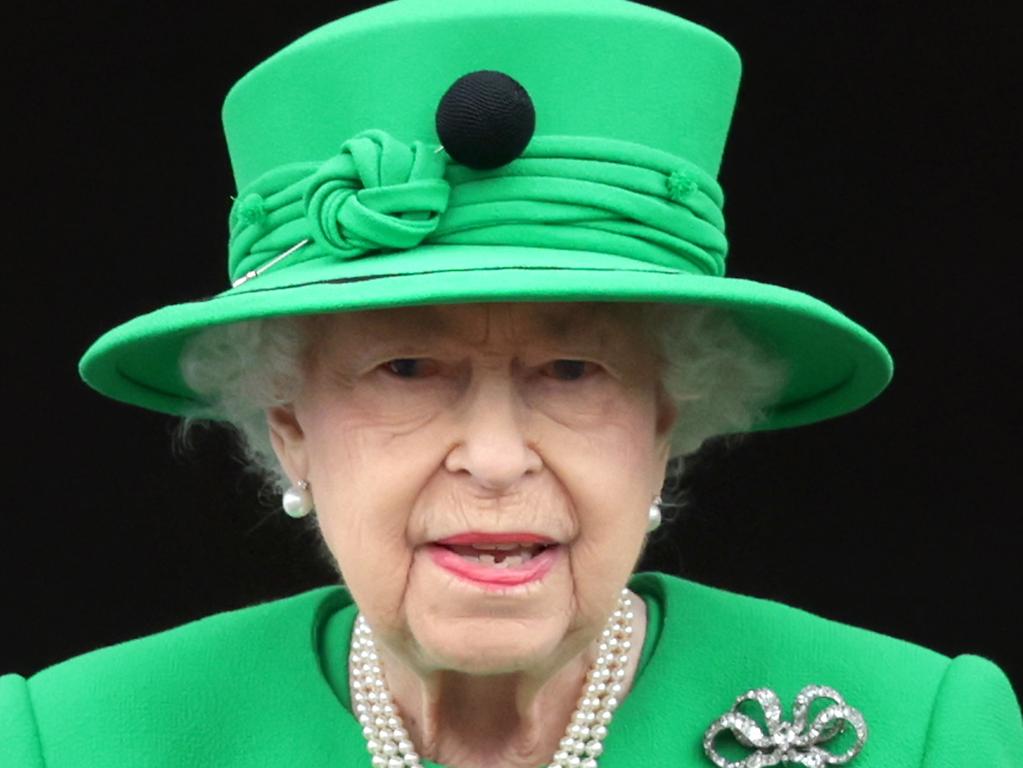
And why is it acceptable that she does not face the same laws that her subjects do? According to four laws passed in the English, Scottish and Welsh parliaments between 2008 and 2017, the Queen “is not obliged to provide information to tax inspectors or official statisticians,” unlike every other UK citizen, according to a Guardian report from July.
Similarly Her Majesty is not required to pay “a variety of minor taxes levied upon other British citizens,” in Scotland, the same report disclosed and likewise “pays no duty on purchases of land, no fees for making landfill disposals, and is partly exempt from duties on air travel.”
In decades gone by the citizenry might have pliantly swallowed the line that the royal family was above us all and therefore the same rules do not apply but those days have gone the way of the royal family’s vast ivory collection. (Yes, they have 1,200 pieces made from ivory squirrelled away somewhere including pianos, bookcases, tables, chairs and carvings.)
We now live in an age where we, the millions of people over whom she governs, demand a much greater level of accountability and transparency from our leaders and that will inevitably extend to the Queen and her family.
They can’t have it both ways, claiming to be public figures who enjoy some more than $150 million from the government purse and then private figures when they want to keep the true extent of their cash reserves hush-hush.
The reason the Queen now pays tax on her income
In the past, Her Majesty has proven to be attuned to the way the winds of community sentiment are blowing when it comes to money. In 1992, after the fire at Windsor Castle, suggestions that taxpayer money might be used to refurbish the grand property, a property that was only used by one family and then not open to the people, was met with howls of protest. In the ensuing media melee, the Queen agreed, for the first time in history, that she would pay tax on her income.
Which is to say, she has demonstrated quite the certain survival instinct. The 96-year-old may need that yet to prevent the looming PR disaster here.
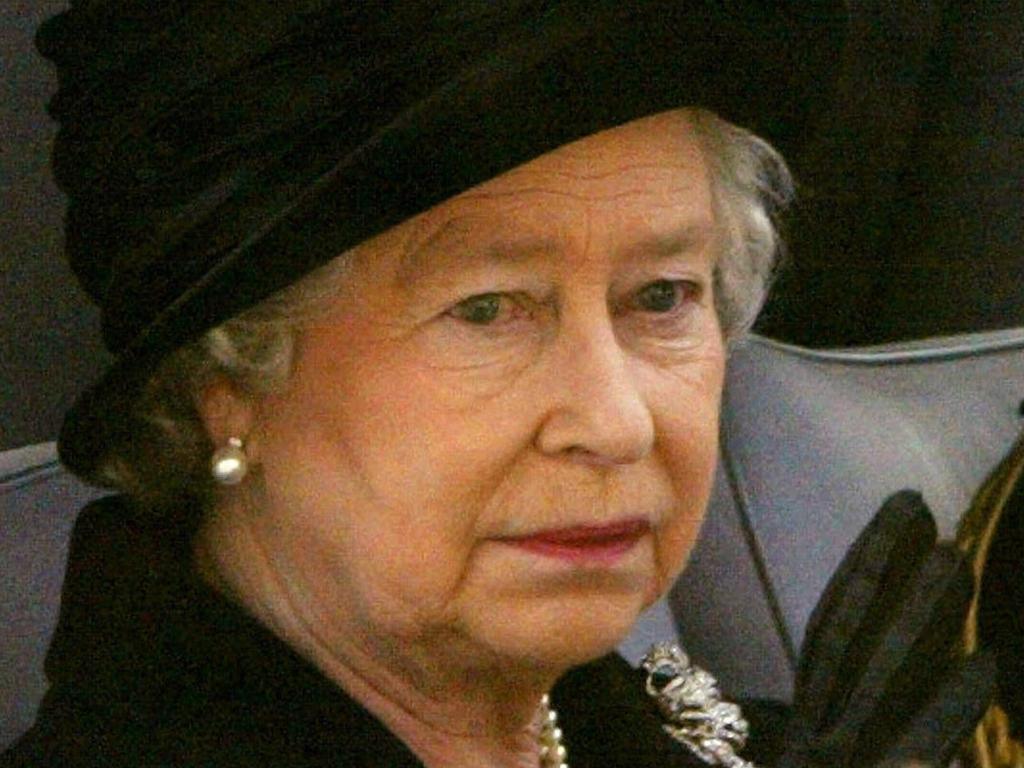
There is every chance that, in the years to come, the special treatment that Her Majesty and her unruly brood enjoy could trigger widespread community indignation and anger.
The accession of Charles to the throne will only place renewed focus on these sorts of questions and the Palace better have a ready answer. (The recent revelation by the Times that he had accepted a $1.7 million charity donation from a sibling of Osama bin Laden and on another occasion was given a similar amount of money in a plastic bag by a Qatari politician also destined for his Prince’s Trust are hardly a good look.)
Obviously, the royal family does not want the world to know just how stonkingly rich they probably are; it’s much harder to make the case that you are dutifully and selflessly working for the nation it if should turn out that you have vast investments and enough ready cash to bail out the Bank of England.
But, a secretive Firm that dodges and weaves around the Freedom of Information Act and which is secreting cash away in tax havens does not chime with the version of a modern, do-good and relatable royal family that William and Kate are furiously trying to propagate.
The royal game comes down to one thing – survival – and in the years to come ensuring that single aim could necessitate, as painful as it might be for the royal family, a drastic rethink when it comes to the near total secrecy that surrounds their finances.
Because if they don’t? They could ultimately end up paying a much, much higher price.
Daniela Elser is a royal expert and a writer with more than 15 years’ experience working with a number of Australia’s leading media titles.






